Ever sat in your car and heard an unsettling noise? Turns out, those weird sounds might just be your car's way of crying for help, especially if they’re coming from the clutch. Understanding these sounds isn’t just for gearheads. Knowing what to listen for can actually prevent a ton of hassle down the road.
Imagine you’re driving, and out of nowhere, there's this high-pitched whining sound every time you push the clutch pedal. That's not a soundtrack you want. It could mean your clutch release bearing is on its last leg. It’s like your car's screaming, 'Hey, fix me before it gets worse!'
Then there’s the unnerving grinding noise when you shift gears. Sounds painful, right? This might be a sign of a worn-out clutch or even misaligned parts. It’s a bit like trying to force a square peg into a round hole—something’s not quite right.
- Common Noises from a Failing Clutch
- Interpreting Those Noises
- When to Seek Professional Help
- Tips for Prolonging Clutch Life
Common Noises from a Failing Clutch
So, you might be wondering, what exactly should you be listening for if you suspect your clutch is on the decline? Well, a bad clutch sound isn't just some random noise. It's your car trying to give you a heads-up that something's not quite right.
First up, there's that awful grinding or screeching noise when you change gears. It's like nails on a chalkboard, right? This usually points to a pretty common issue—the clutch isn't fully disengaging. Maybe there's a problem with the clutch disc, or the pressure plate is worn out. Not something you want to ignore!
Next, pay attention to any squealing when you press the clutch pedal. This might indicate that the clutch release bearing is struggling. It's like it's begging for some attention. Think of it as your cue to keep an ear out because dealing with it sooner can save you from a potential breakdown.
Then there's that rattling noise, which could be from the clutch fork bouncing around. It's not a sign of disaster just yet, but you might want to get it checked out before it turns into one. If you ignore it, it could end up leading to more severe issues.
A clutch expert once remarked,
"Ignoring the initial symptoms of a failing clutch is like turning up the volume on your radio to ignore that rattling sound. Eventually, it catches up to you."
Here’s a quick rundown of what you might hear:
- Grinding: Often hints at alignment issues or clutch not disengaging properly.
- Squealing: Might mean a worn-out clutch release bearing.
- Rattling: Could indicate a loose or worn clutch fork.
While your car won’t tell you exactly what’s wrong, these noises are your first clues that something's up. Identifying these sounds early can help in deciding whether a visit to the mechanic is needed or if you can manage a fix on your own.
Interpreting Those Noises
Alright, so your car's been making odd sounds. What the heck are they trying to tell you? Let’s break it down. If you're hearing a bad clutch sound, it's like your vehicle is sending out an SOS. Different noises mean different problems, and figuring out which is which can help you dodge a bigger mess.
First up, the squeaking or chirping when you disengage the clutch. It's likely the clutch release bearing shouting for some attention. Think of it like nails on a chalkboard – annoying but definitely telling you something's off.
Next, that unmistakable grinding when you shift gears. Ugh, we’ve all been there. This can mean the clutch isn't fully engaging or the clutch disc might be worn out. It's like your car's desperately trying to get your attention and say, 'Hey, I might be slipping!'
How about a vibration or jolt during shifting? Feels a bit like riding a bike down a gravel road without suspension. This usually signals that your clutch may be misaligned or even warped.
But wait, what if you hear a rumbling or growling? It’s less scary than it sounds. This might just point to a faulty pilot bearing or even something up with the transmission.
Got all that? Here's a handy table for a quick look at those noises and what they could mean:
| Noise | Possible Issue |
|---|---|
| Squeaking/Chirping | Clutch Release Bearing |
| Grinding | Worn Out Clutch Disc |
| Vibration/Jolt | Misaligned or Warped Clutch |
| Rumbling/Growling | Faulty Pilot Bearing |
Understanding these noises isn't rocket science, but it does call for a bit of attention. You don't want to ignore these signals and end up needing a hefty clutch replacement. Stay alert and get ahead of the problem before your car's hitching a ride to the shop for some major work!
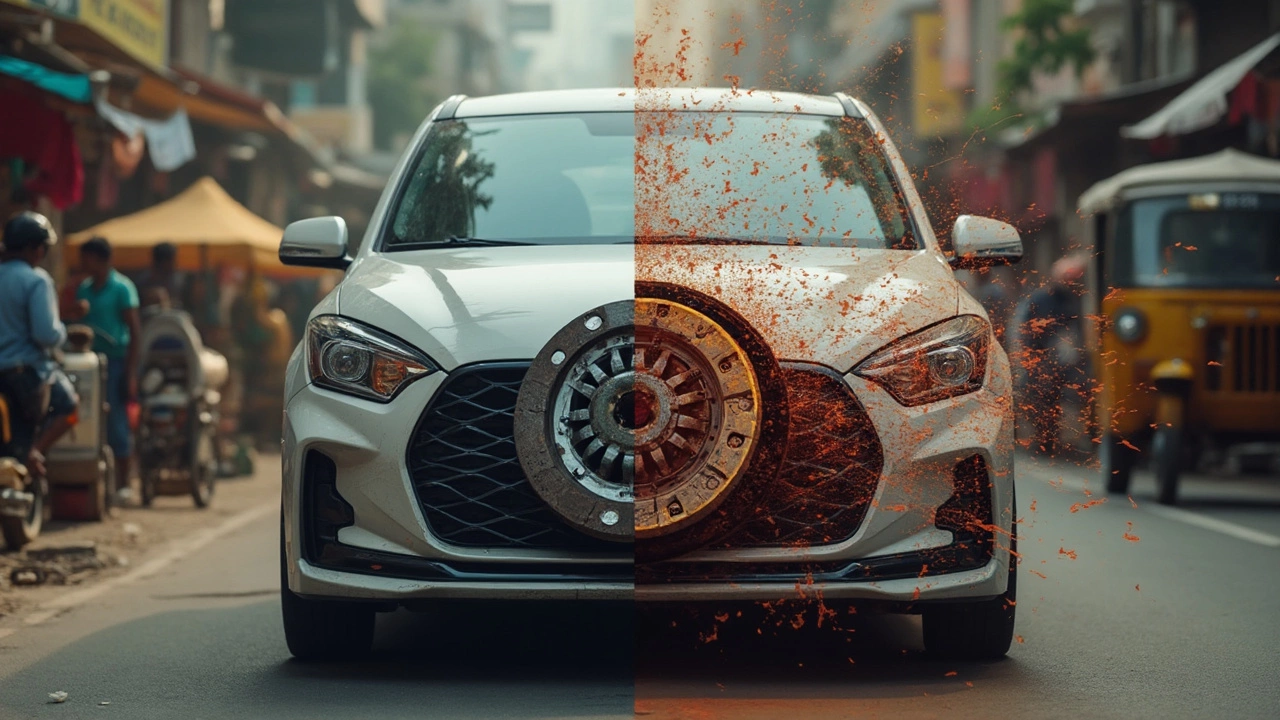
When to Seek Professional Help
It's tempting to ignore those odd sounds and hope they'll magically vanish, but that's usually not a winning strategy when it comes to car maintenance. So, how do you know when it's time to call in a pro to take a look at your bad clutch sound?
First off, if you’re hearing a persistent grinding or any noise that’s out of the ordinary whenever you shift gears, it’s time to put that phone down and book an appointment with your mechanic. Grinding is often a sign that parts are wearing out or misaligned, and delaying repairs can lead to pricier problems down the road.
Likewise, if you feel the clutch pedal getting sticky, spongy, or generally just weird, professionals are your best bet. This could be due to hydraulic issues or a problem with the clutch cable, both of which require more than a quick fix.
Here are some signals that a professional should check your clutch:
- Sounds like screeching or whining when the clutch is engaged.
- A burning smell, especially when you’re in stop-and-go traffic.
- The gear lever is stubborn or won't shift smoothly.
If these symptoms show up, it's better not to wait. A prompt check-up can help avoid a total clutch failure, leaving you stranded and shelling out extra cash for emergency towing.
And here’s a little food for thought: the average lifespan of a clutch is between 50,000 and 100,000 miles, depending on driving habits. If your ride is flirting with that upper limit, an inspection isn't just a good idea—it’s essential.
| Clutch Issue | Impact | Professional Help Needed |
|---|---|---|
| Grinding Noise | Misaligned Parts | Yes |
| Sticky Pedal | Hydraulic Issues | Yes |
| Burning Smell | Friction Material Worn | Yes |
Don’t gamble with your clutch. If any of these issues sound familiar, it's smart to have your car looked at sooner rather than later.
Tips for Prolonging Clutch Life
Let's face it, replacing a clutch isn't cheap, so keeping it running smoothly for as long as possible is a no-brainer. Here are some straightforward tips to help you avoid that dreaded clutch replacement.
First off, be gentle with it. Sounds simple, right? But riding the clutch is a bad habit many fall into. Whether you're in traffic or cruising, make sure to fully engage or disengage the clutch instead of keeping it partly pressed. Your wallet will thank you.
Another biggie? Avoid using the clutch to hold your car on a hill. That’s what your handbrake is for! Keeping the clutch depressed when you're stopped on an incline puts unnecessary stress on the clutch kit.
- Smooth Shifting: Make sure your gear shifts are smooth. Jerky gear changes can damage your clutch, especially during high-speed driving.
- Don’t Overload: Keep your car's weight in mind. Carrying heavy loads strains the clutch more than usual.
- Listen and Respond: Pay attention to any unusual bad clutch sound. Address issues early to avoid bigger problems down the line.
Here’s a fun fact: According to a small survey of car enthusiasts, drivers who practice good clutch habits generally see their clutch last around 80,000 miles or more!
| Driving Scenario | Clutch Impact |
|---|---|
| Hill Hold Using Handbrake | Less Wear |
| Constant Traffic Stops without Neutral | More Wear |
| Smooth Gear Shifts | Extended Life |
So next time you hear yourself thinking, 'Eh, it’ll be fine,' remember these tips. A little care can make your clutch last a whole lot longer.

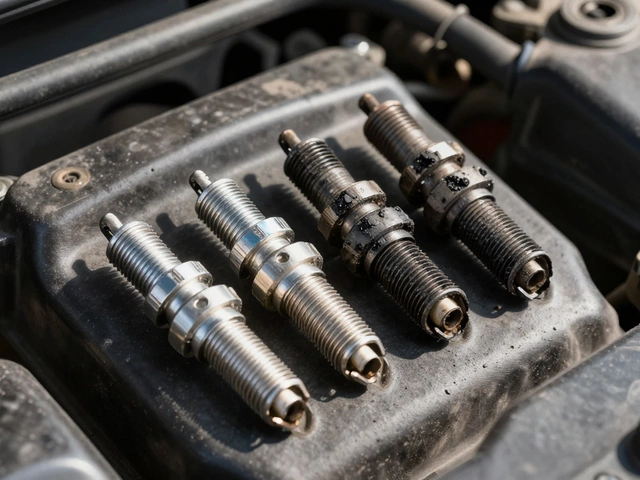


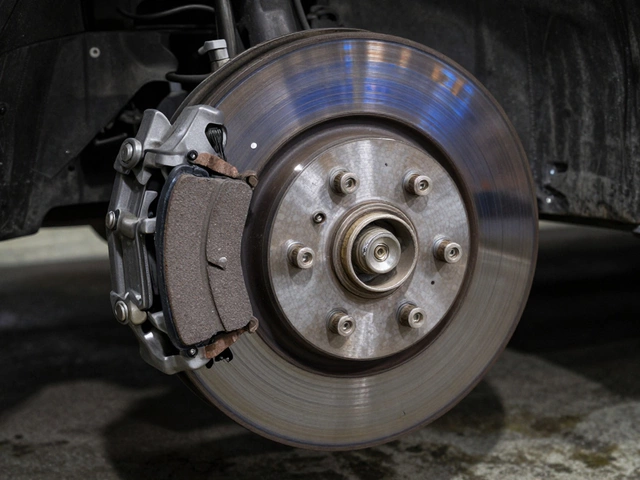
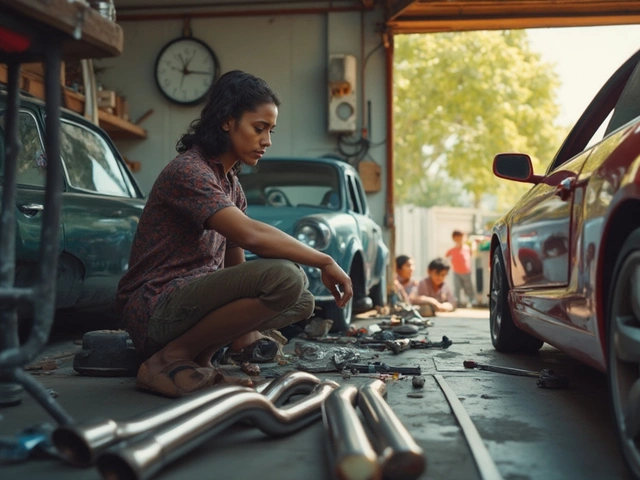
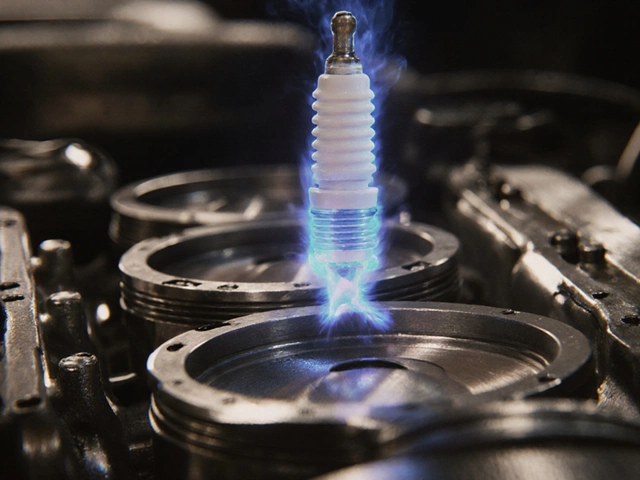
Write a comment